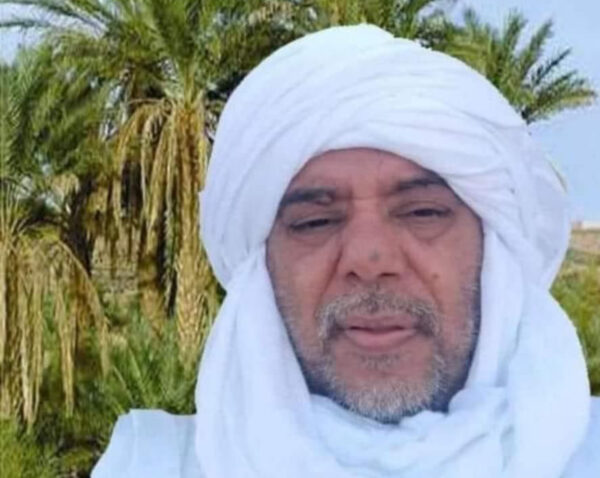By Mohamed Souleymane
As one of the five African heads of state invited to lunch on Wednesday, July 9 at the White House, President Mohamed Cheikh Ould Ghazouani referred to Mauritania as a “small country” due to its population (5 million inhabitants) and its economy, despite being the second largest African exporter of iron for the past 6 decades. This description caught the attention of Mohamed Souleymane, a free thinker and lover of literature. In full.
It was from the island of Tidra in Mauritania that the Almoravids, later known as al murabitune, raised armies to conquer the north and the south. Yahya Ben Omar, Abou Bakr Ben Omar, and Youssef Ibn Tachfine were all Mauritanians. Their empire extended to the Kingdom of Castile, the Kingdom of Navarre, the Kingdom of Aragon, the County of Barcelona, the County of Urgell, the Hammadids, the Zirids, the Kingdom of Bambouk, Bure, Lobi, Tekrour, and the Ghana Empire. They founded Marrakech around 1062.
Youssef Ibn Tachfine, born in Adrar, Mauritania, ruled an empire stretching from the Senegal River to Spain, passing through the Sahara and the western Maghreb. In 1075, he invaded northern cities. In 1076, he captured Tangier and the Emirate of Nekor. In 1083, he headed towards Ténès and occupied Algiers, where he built a mosque.
Mr. President, I recommend that you watch the American documentary film: When the Moors Ruled in Europe, presented by British historian Bettany Hughes, on the forgotten contributions of the Moors during nearly 800 years of rule. The documentary emphasizes this golden age of scientific, cultural, and spiritual achievements, with religious tolerance at the time.
Cheikh Malainine, born in Oualata, Mauritania, began his journey to raise the Souss, cross the Atlas Mountains, seize Marrakech, and march on Fez along the Oum er R’bia river.
The Mjadba tribes, the first Arabs of the coastal city of Mohammedia in Morocco, came from Mauritania centuries ago. This may explain the names of the city’s old neighborhoods, El Hassania, Laâyoune…
In 1964, Mauritania severed diplomatic relations with England for its support of the apartheid regime in present-day Zimbabwe.
In 1967, Mauritania severed diplomatic relations with the United States for their support of Israel.
In 1970, the President of Mauritania declined an invitation from President Nixon for refusing to receive two days before the President Kenneth Kaunda of Zambia, the current President of the OAU.
The first time the UN Security Council met outside of New York was at the initiative of the Mauritanian President. The meeting was opened by the late Mokhtar Ould Daddah in February 1972 in Addis Ababa, in the presence of Emperor Haile Selassie, whose country hosts the OAU headquarters.
Amilcar Cabral had a Mauritanian diplomatic passport and his movement had airtime on Radio Mauritania.
It was Mauritania that brought China into Africa and the Arab world.
During the Arab Spring, Mauritanian Airlines planes took off from Mauritania to repatriate Mauritanian, Senegalese, and Malian citizens from war zones.
When all countries closed their borders to Guinea, Liberia, and Sierra Leone due to the Ebola virus, the Mauritanian President visited these countries in 2014 to provide moral and financial support.
You call Mauritania a small country, Mr. President?


